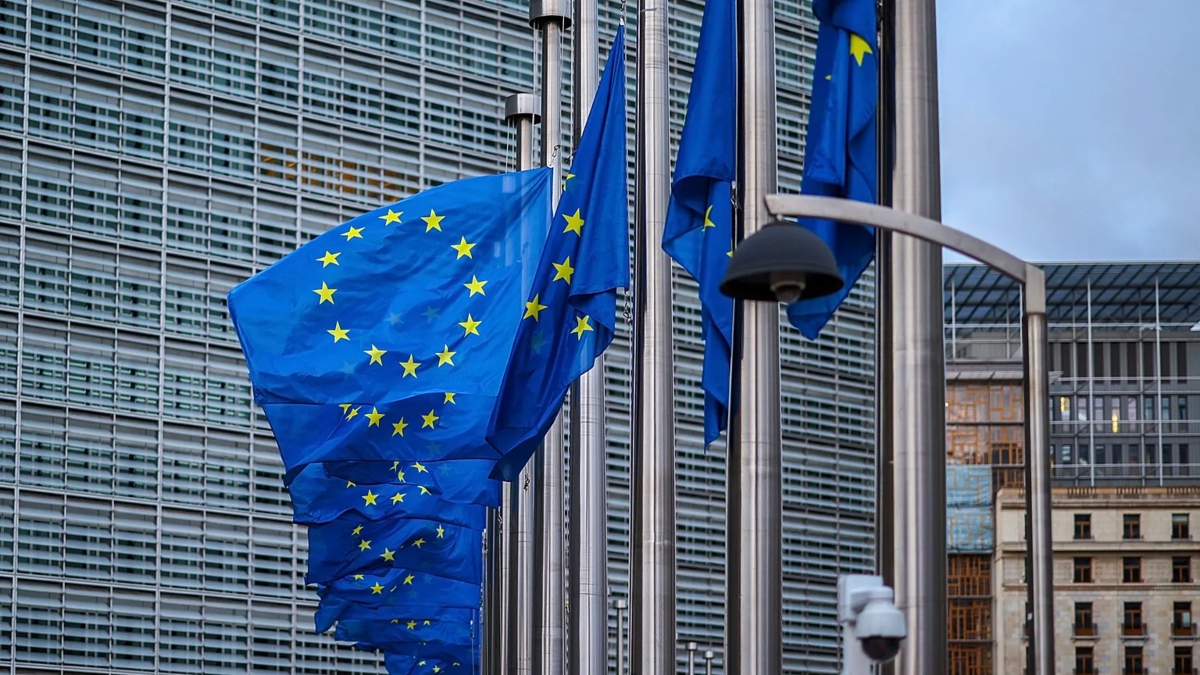EU Commission: Strong Growth for Greece – Above Eurozone and EU Average Until 2027

Πηγή Φωτογραφίας: freepik//EU Commission: Strong Growth for Greece – Above Eurozone and EU Average Until 2027
Strong Growth Despite Challenges
The European Commission projects that Greece’s economy will continue to grow at a solid pace, with 2.1% growth in 2025 and 2.2% in 2026, supported by stable consumption and EU-funded investments, according to the Commission’s autumn economic forecast. Growth is expected to moderate to 1.7% in 2027 as the Recovery and Resilience Facility (RRF) programs conclude. Despite this, Greece’s growth remains above the Eurozone average (1.3%-1.4%) and the EU average (1.4%-1.5%).
The report notes that fiscal prospects remain favorable, with stable primary surpluses despite expansionary tax cuts and social measures.
Inflation and Labor Market Trends
Inflation in Greece is projected at 2.8% in 2025, moderating to 2.3% in 2026 and 2.4% in 2027, driven by declines in energy and service costs.
The labor market continues to improve: unemployment fell to 8.2% in October 2025, its lowest level since 2009, though still above the EU average. Employment growth is expected to continue but at a slower pace due to structural issues, including skills gaps and low participation rates, especially among women.
Wages per employee are projected to grow at an average of 3.6% annually, boosted by minimum wage increases, social security reductions, and income tax reforms.

Fiscal Stability and Public Debt
The budget surplus is expected at 1.1% of GDP in 2025, declining to 0.3% in 2026 and zero in 2027, reflecting expansionary measures including tax cuts, public sector wage and pension increases, and higher defense and healthcare spending.
The public debt-to-GDP ratio is forecast to fall from 147.6% in 2025 to 138% in 2027, supported by nominal GDP growth and primary surpluses, enhancing Greece’s fiscal resilience.
Resilience Despite Adverse Conditions
The Commission highlights that Greece’s economy has demonstrated resilience despite external challenges, growing 2% in H1 2025, mainly due to private consumption and tourism. Investments rose, particularly in construction and equipment, while investment activity is expected to remain robust in 2025-26, supported by the RRF implementation and corporate lending.
However, prolonged geopolitical or financial uncertainty could impact exports and investments, particularly in tourism and construction sectors.
Greece displays strong and resilient growth, with declining unemployment and stabilizing debt, maintaining a performance above the Eurozone and EU averages. Fiscal measures and investment activity support households and the broader economy, while 2027 forecasts show a gradual moderation without major disruptions.
Source: pagenews.gr
Διαβάστε όλες τις τελευταίες Ειδήσεις από την Ελλάδα και τον Κόσμο






Το σχόλιο σας